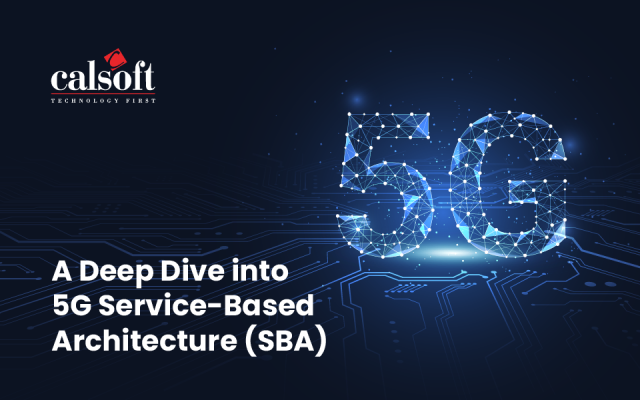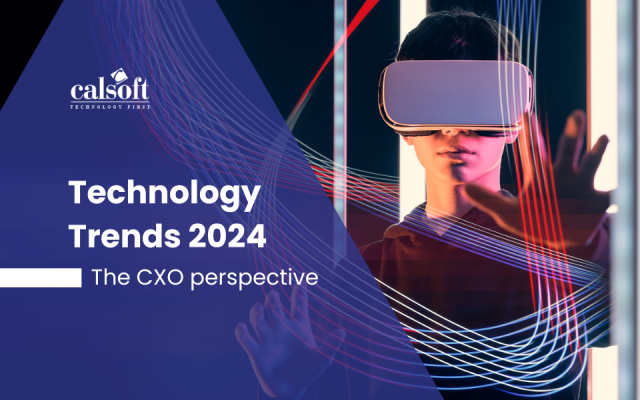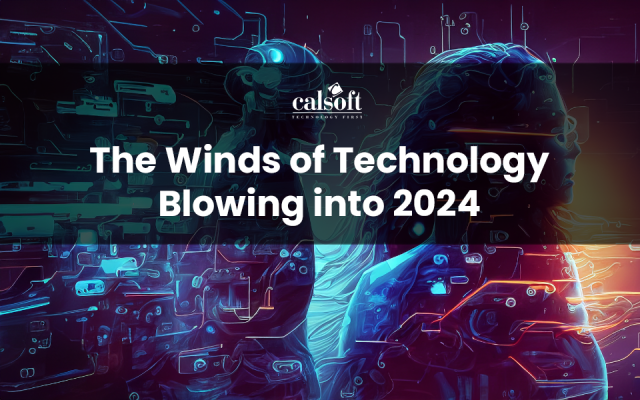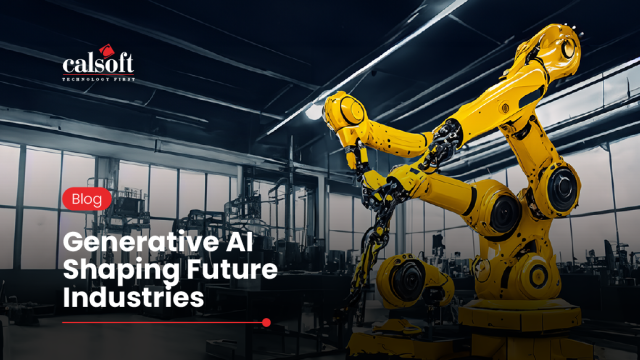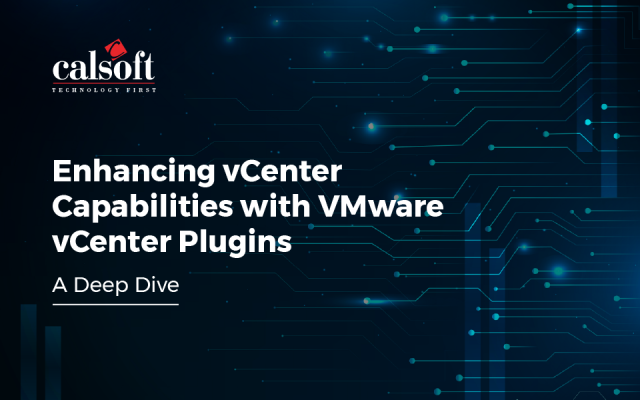Before proceeding further to our topic, there might be some questions or rather queries that might be emerging in your mind
- What is AI (Artificial Intelligence)?
- What is Cloud Computing?
- What key roles Artificial Intelligence plays on Cloud Computing?
- Will it be the next phase or a new era for the cloud computing industry?
Now-a-days, everybody thinks they know what AI is, but the exciting thing about Artificial Intelligence is that we are aware of just at 1% of what it’s going to be.
Artificial Intelligence is just an “intelligence” exhibited by the machine that performs various functions like simulating higher functions of human brains, determining and measuring the problems complexity, getting self-improved with even a single bit of data, maintaining the level of abstraction and achieving random creativity out of it.
Modern uses of AI have been pioneered in many circles such as Live Assistant (Amelia or Siri or Viv or Cortana), social media, gaming, healthcare, Internet research, and the recent stories delineates about the use of image recognition API to detect the emotions of a person.
Cloud computing, commonly referred as “The Cloud,” is the delivery of on-demand computing resources—everything from applications to data centers—over the internet on a pay-for-use basis. Cloud computing allows companies to utilize a compute resource, such as a virtual machines (VMs), storage or an application, as a utility – similar to electricity – rather than having to incorporate the whole computing infrastructures in-house.
It is further divided into three broad categories i.e. IAAS (Infrastructure as a Service), PAAS (Platform as a Service), and SAAS (Software as a Service).
The thesis of a new generation of cloud computing platforms might seem ludicrous at first but it also presents a very intriguing argument about the same. As per the technology trend, Artificial Intelligence has not only developed an era with brand new generation of programming technologies or frameworks but also manoeuvred a new generation of hardware technologies to scale themselves with the demand to run AI programs.
Since past few years, there has been an erratic surge of investment in AI capabilities in cloud platform. With the big five companies – Amazon, Facebook, Google, IBM, Microsoft – are leading the footprint for the AI, many PAAS(Platform as a Service) solutions have started incorporating various AI capabilities like language Comprehension, Analysing Image and Statistical, Analytical and predictive capabilities for their applications etc.
The current landscape of Cloud based AI technologies encompasses on two major groups:
Cloud ML (Machine Learning) Platform:
Technologies like Google Cloud Machine Learning, Azure Machine Learning, AWS Machine Learning and the upcoming Facebook Machine Learning enable the creation of machine learning models using a specific technology. Except for Google Cloud ML platform that has leveraged the TensorFlow framework, most of the cloud ML technologies don’t allow the implementation of AI programs are written in mainstream AI or deep learning frameworks including Theano, Torch, TensorFlow, Caffe, etc.
AI Cloud Services:
Various technologies like IBM Watson, FBLearner, Microsoft Cognitive Services, Google Cloud Vision or Natural Language APIs allow abstract complex AI or cognitive computing capabilities via simple API calls. These models allow applications to incorporate AI capabilities via cloud, without having to invest in sophisticated AI infrastructures in-house.
The AI-first cloud is a next phase or new era for cloud computing model built around with AI capabilities. Although, we don’t know exactly how the architecture of AI-first cloud platforms will look like or to what extent will it expand, but we can certainly explore some of the interesting ideas, which are as follows:
Support for mainstream AI frameworks:
The next generation of cloud computing platforms should be able to run deep learning algorithms or Machine learning and perception based applications implemented in mainstream frameworks such as TensorFlow, Caffe, Theano, Torch, etc. in the same way they support the implementation of web or mobile applications or background processes now-a-days.
GPU optimized infrastructure:
For running arbitrarily complex AI processes, new cloud infrastructures will have to support the GPU environments optimized for fast computations. Some initial efforts have already been started by various companies like AmazonEC2 Elastic GPUs, IBM Cloud with Tesla GPUs etc.
Management Software
The biggest challenge of the existing generation of deep learning and AI frameworks is the lack of operational management software. The next phase of cloud computing platforms should be in a position to provide us with a sophisticated application to administer or manage stuff and to be able to operate AI-based applications deployed on their infrastructure.
AI-first infrastructure services:
The upcoming generation of cloud computing platforms will go past enabling the infrastructure for AI-based applications and will leverage Artificial Intelligence as a First-class citizen (entity supporting all operations) for its infrastructure. In the future, we can see AI being a key element to improve the intelligence of cloud services such as compute and security.
Integration with mainstream PaaS services:
In order to construct sophisticated AI-based applications, the next generation of cloud computing platforms should provide seamless integration APIs between AI and deep learning frameworks and the existing catalog of cloud services included in cloud platforms similar to TensorFlow.
Artificial Intelligence has brought some unique characteristics that will definitely influence the next generation of cloud computing platforms. AI requires a new computing infrastructure and the support for brand new programming paradigms and frameworks. In coming days, we might expect the cloud obligatory to amalgamate the AI capabilities as the foundational element for our cloud infrastructure. Certainly, we are poised to enter the new era or next phase of the AI-first cloud.
[Tweet “Revolutionizing the Future of #CloudComputing with Artificial Intelligence #AI~ via @CalsoftInc”]

